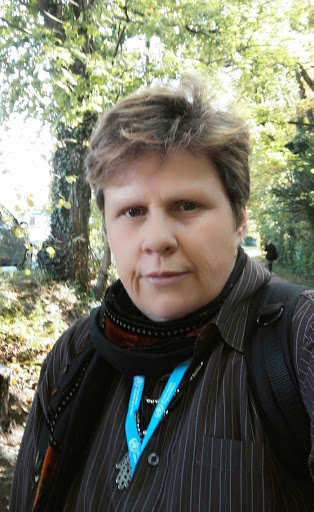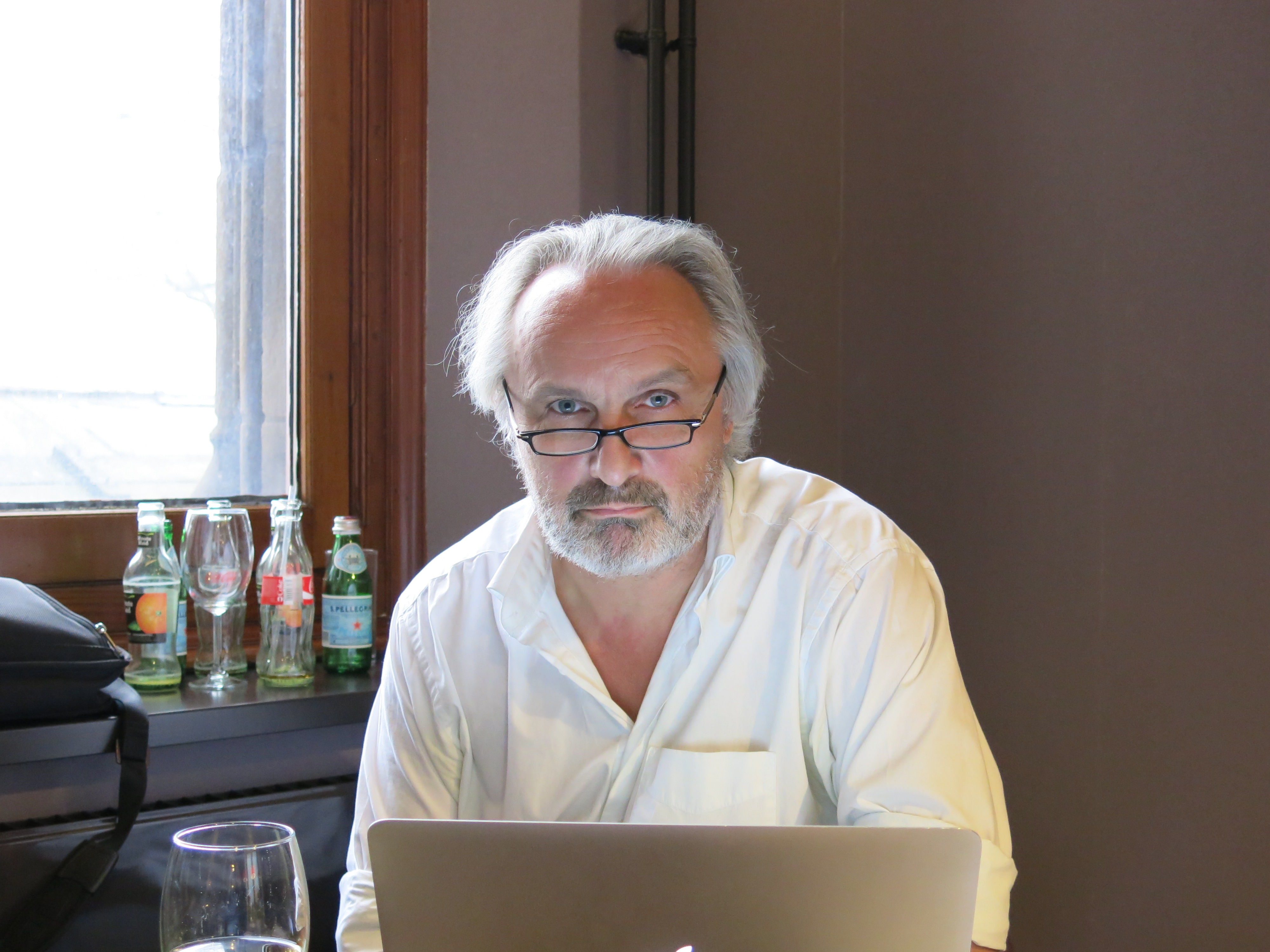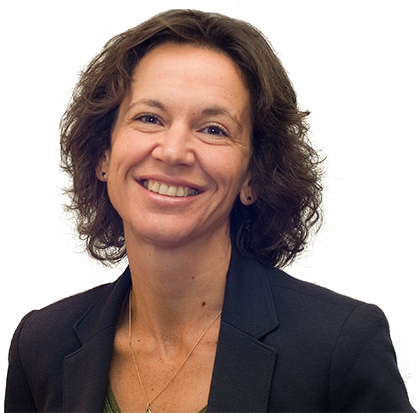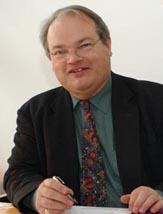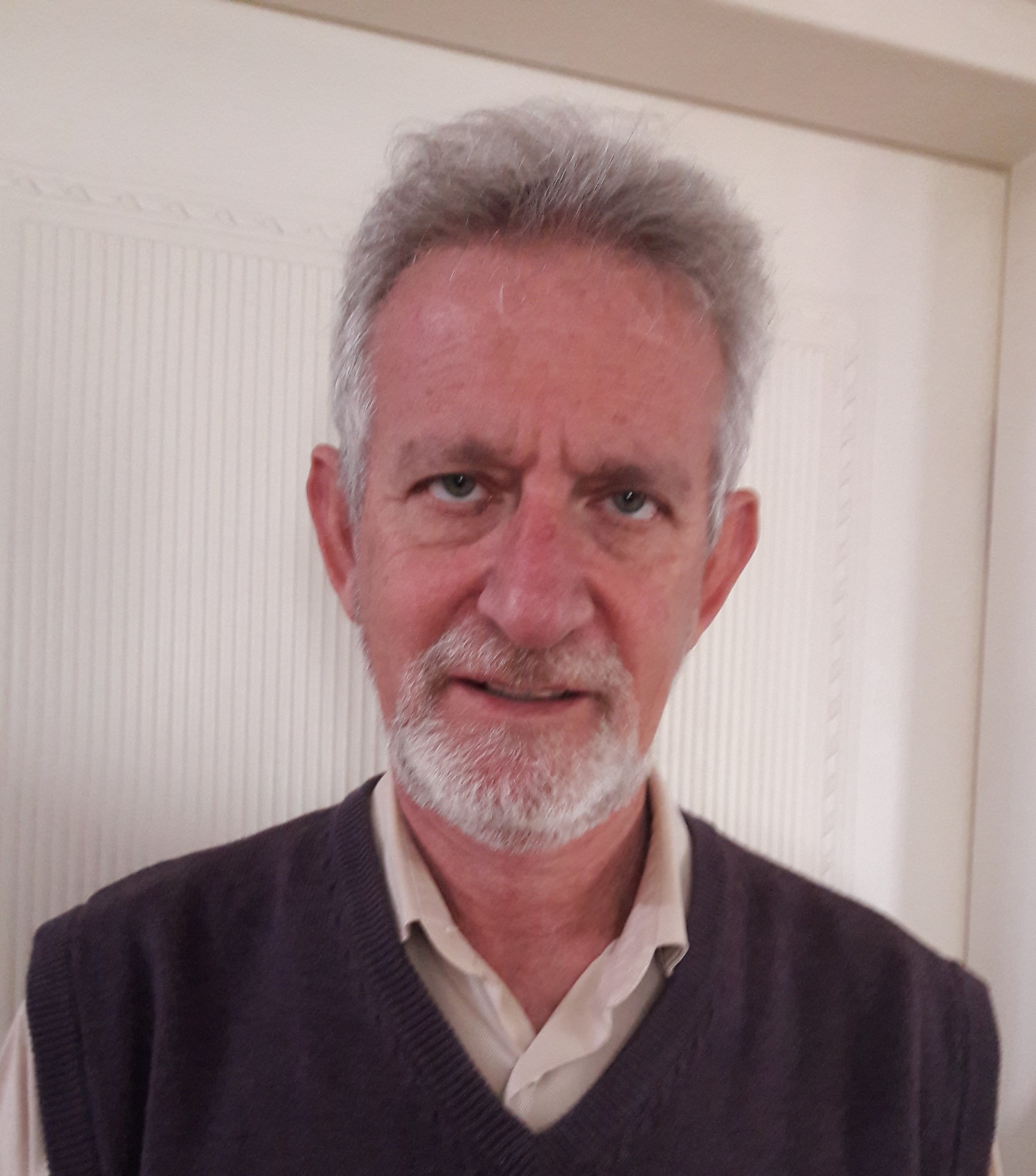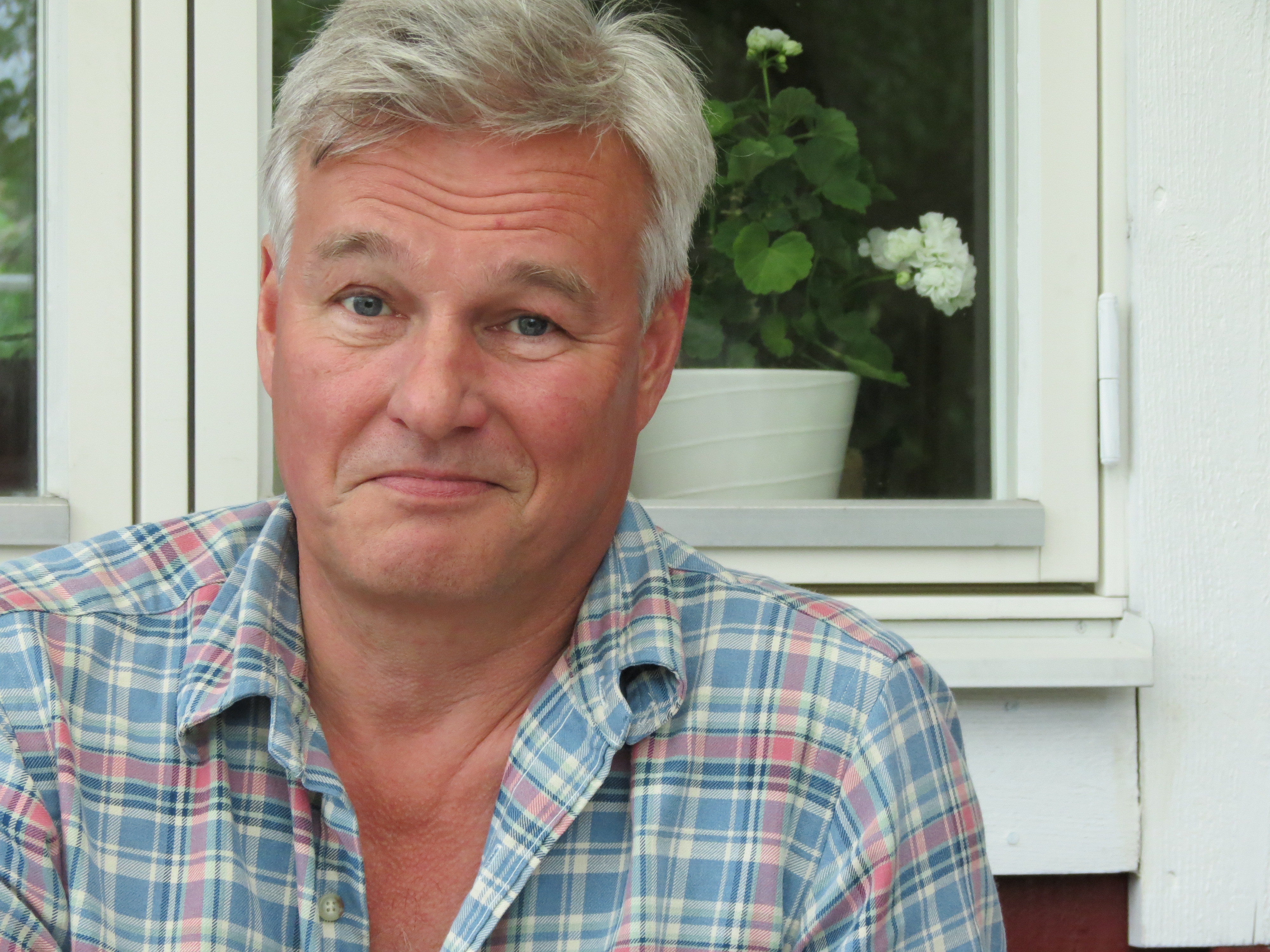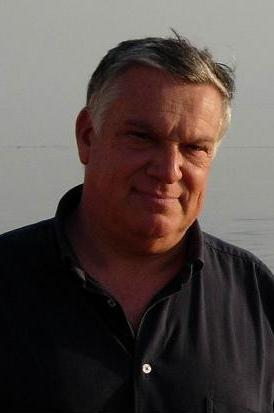General Board Members:
Vanessa Cameron, Chairperson (United Kingdom)
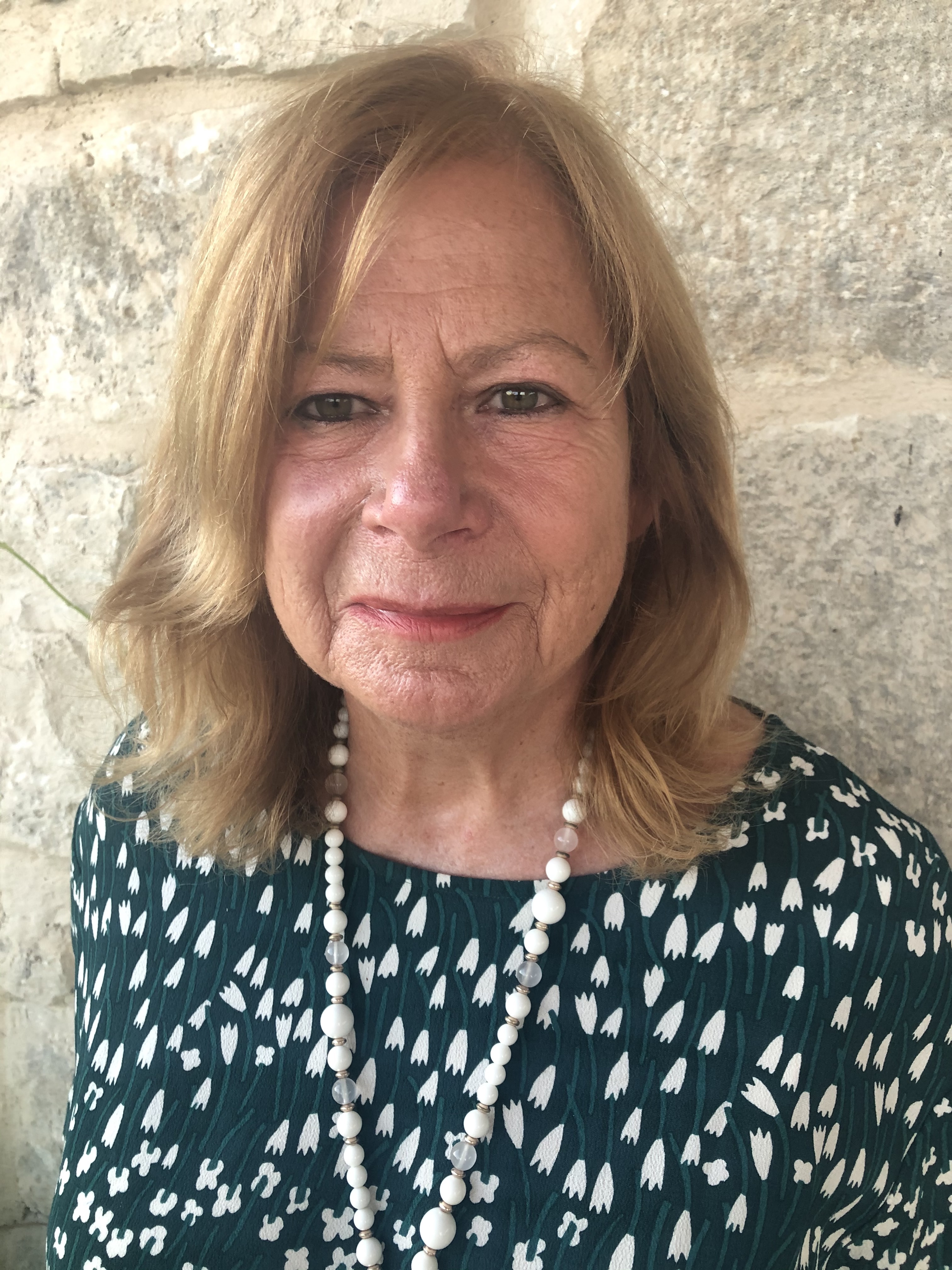
Mrs Vanessa Cameron MBE retired in December 2016 after serving 32 years as the Chief Executive of the Royal College of Psychiatrists. When she retired, the College had over 17,000 members, a turnover of £19 million and a staff of 200. In this role she worked closely with the President, Honorary Officers and trustees to ensure that the College carried out its objectives and purposes as defined in its Royal Charter. Mrs. Cameron provided the overall management of the College’s staff and infrastructure. She helped grow the organisation into the influential institution that it is today. Under her leadership service user involvement was developed, anti-stigma campaigns were launched and race equality policies were implemented
Since retirement from the Royal College, Mrs. Cameron has provided consultancy services to the World Psychiatric Association helping the Secretariat to develop and providing advice on management, governance and constitutional matters.
She has worked with the UK Ministry of Justice for over ten years working as a Specialist Lay Member for the Tribunal Service for Mental Health. The Tribunal Service has responsibility for reviewing the detention of individual patients. She has participated in over 300 tribunals.
Her particular interests are in the public perception of psychiatry, the eradication of stigma in psychiatry, equality issues and organizational change.
Mrs. Cameron was diagnosed with bi-polar disorder in her early twenties and has lived with the condition ever since. She was awarded the MBE in the Queen’s New Year’s Honours List in 2013 for services to psychiatry
Sir Graham Thornicroft, Past Chairman (United Kingdom)
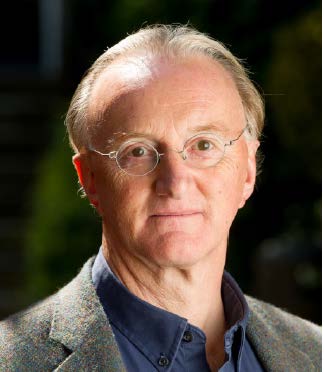
Sir Graham Thornicroft is Professor of Community Psychiatry at the Centre for Global Mental Health and the Centre for Implementation Science at King’s College London. He is also a Consultant Psychiatrist working in an early intervention community mental health team in South London. His areas of expertise include: mental health related stigma and discrimination, the development of community mental health services, cost-effectiveness evaluations of mental health treatments, and global mental health. He has published 30 books and over 580 peer-reviewed scientific papers.
Nicole Votruba - Secretary (Germany)
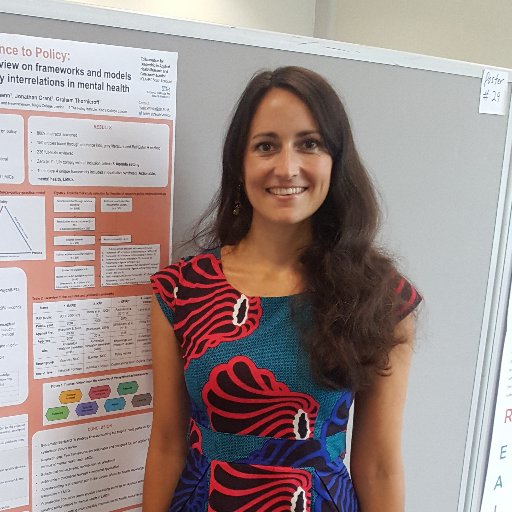
Nicole Votruba is a political scientist and psychologist. Currently, she is a postdoctoral researcher at the University of Oxford. She completed her PhD and postdoctoral research at the Institute of Psychiatry, Psychology and Neuroscience at King’s College London, on global mental health, science-policy inter-relationships, stigma, implementation science, and suicide prevention.
Nicole has longstanding experience working on the research-policy interface with the European Commission, European Parliament, and World Health Organisation. She was policy officer for the UK All-Party Parliamentary Group on Global Health and has coordinated the global FundaMentalSDG initiative which successfully contributed to the inclusion of mental health in the UN Sustainable Development Goals.
Mireille 's Gravesande, Treasurer (Netherlands)

Mireille 's Gravesande is a psychiatrist working in a team for (flexible) assertive community treatment at Altrecht mental health care services in Utrecht
Charlene Sunkel - Communication and Media (South Africa)
Charlene Sunkel is a leading South African voice for the rights of people with mental health problems. She works for the South African Federation for Mental Health as Program Manager for Advocacy and Development where she manages the South African Mental Health Advocacy Movement. She authored several papers from a service user’s perspective. She has written and produced theatre plays and a short feature film on mental disorders – to raise public awareness.
Ms Sunkel had been involved in the review and drafting of various policies and legislation in South Africa and provided technical assistance to international mental health related reports and documents. She serves on a number of national and international boards and committees, including: Editorial Advisory Board of the Lancet Psychiatry; Presidential Working Group on Disability; Ministerial Advisory Committee on Mental Health; Disability Empowerment Concerns Trust; Mental Health and Human Rights FGIP; citiesRISE; Rural Mental Health Campaign; and amongst others.
Ms Sunkel is also the Principal Coordinator for the Movement for Global Mental Health. Ms Sunkel was diagnosed with schizophrenia in 1991 which led to her passion for mental health advocacy and human rights, where she received a number of national and international awards for her work.
Mahesan Ganesan (LK)
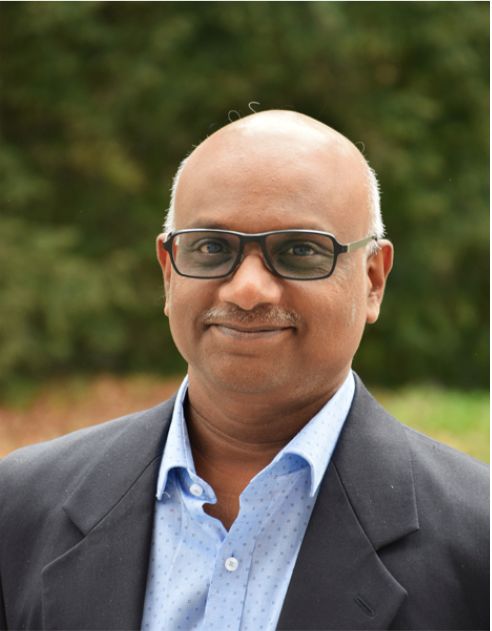
Dr. Mahesan Ganesan is currently a Consultant Psychiatrist at the National Institute of Mental Health, Angoda, Colombo, Sri Lanka. He was registered as a consultant psychiatrist in 1995.
Prior to his work at the mental Hospital, he worked extensively in the conflict and tsunami affected district of Batticaloa, in Eastern Sri Lanka where he was instrumental in developing a community mental health service model. He spent over 9 years working in Batticaloa. He was responsible for providing services for over 1.4 million people as the only psychiatrist. There were hardly any services as there has not been any psychiatrist in this region for over 20 years. He helped develop a model with minimum resources that has now been implemented. It includes small acute inpatient care units in hospitals; many out reach follow-up clinics, and community work. He was instrumental in developing the concept of GBV desk in Batticaloa district in 2005 and helped to establish similar services in five other hospitals in the Northeast of the country.
The program also focuses on child protection, drug and alcohol abuse, psychosocial activities, developing services for the learning disabled children (intellectual disability) and more.
He also serves as a Board Member of Samutthana, Centre for Human Rights and Development, Survivors Associated and Global Initiative in Psychiatry (FGIP) Good practice group, and patron of Ampara special needs network.
Manana Gabashvili (GEO)

Manana Gabashvili is Professor of Linguistics, Deputy Dean of the School of Social Sciences and Head of Social Sciences Bachelor Program at the Georgian Institute of Public Affairs in Tbilisi. She obtained her PhD in Linguistics from Moscow State Linguistic University (1980) and was certified in Neuropsychology at Lomonosov Moscow State University (1977-1979). She is a Fulbright alumn, studying conflict-induced displacement studies (psychological perspective) at the Center for International Development and Conflict Management (CIDCM), University of Maryland at College Park, (1997-1998). She has a wide range of academic interests from psycholinguistics and neuropsychology to conflict/ displacement studies and psychotraumatology, integrated on the basis of interdisciplinary approach.
Rob Keukens (Netherlands)
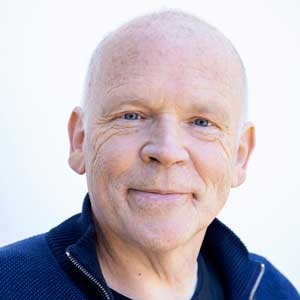
Mr. Rob Keukens is a mental health consultant to GGZ-Ecademy and the Federation Global Initiative on Psychiatry and a lecturer in mental health nursing in the Netherlands and internationally.
Olena Protsenko (Ukraine)

Olena Protsenko is a Ukrainian attorney and an expert on mental health and human rights.
For 4 years, she did strategic litigation of the rights of persons with mental disabilities in Ukraine. Olena has 17 successful cases in the European Court of Human Rights.
In 2019, she received the Fulbright scholarship and obtained an LL.M. in international human rights law at Indiana University. Olena is currently a Post-Doctorate research associate in comparative mental health law at University of Virginia and a consultant on mental health and human rights for the World Health Organization in Ukraine. Olena joined the Board of Global Initiative in Psychiatry since 2021.
Shekhar Saxena (Switzerland)
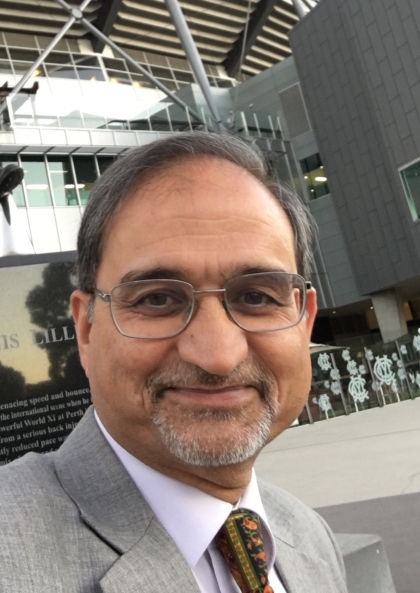
Shekhar Saxena is Professor of the Practice of Global Mental Health at the Department of Global Health and Population at the Havard T. H. Chan School of Public Health. A psychiatrist by training, he has served in the World Health Organization (WHO) since 1998. From 2010 to 2018 he was the Director of the Department of Mental Health and Substance Abuse at the WHO. In 2017, he received the prestigious Leon Eisenberg Award from Harvard Medical School. Author of more than 300 academic papers, he functioned as an editor of the Lancet Series on Global Mental Health 2007 and 2011, and the Lancet Commission on Global Mental Health and Sustainable Development 2018. His expertise includes providing advice and technical assistance to policy makers on prevention and management of mental, developmental, neurological and substance use disorders and suicide prevention.
Marianne Schulze (A)

Dr. Marianne Schulze, LL.M., is as an independent legal consultant and human rights expert. She was involved in the negotiations of the Convention on the Rights of Persons with Disabilities and spearheaded various initiatives related to the nexus of disability and development. Her handbook on the Convention has been translated into French, Arabic and Chinese. She is a member of the Scientific Advisory Board of the Austrian Anti-Poverty Network, Armutskonferenz.
George Szmukler (UK)
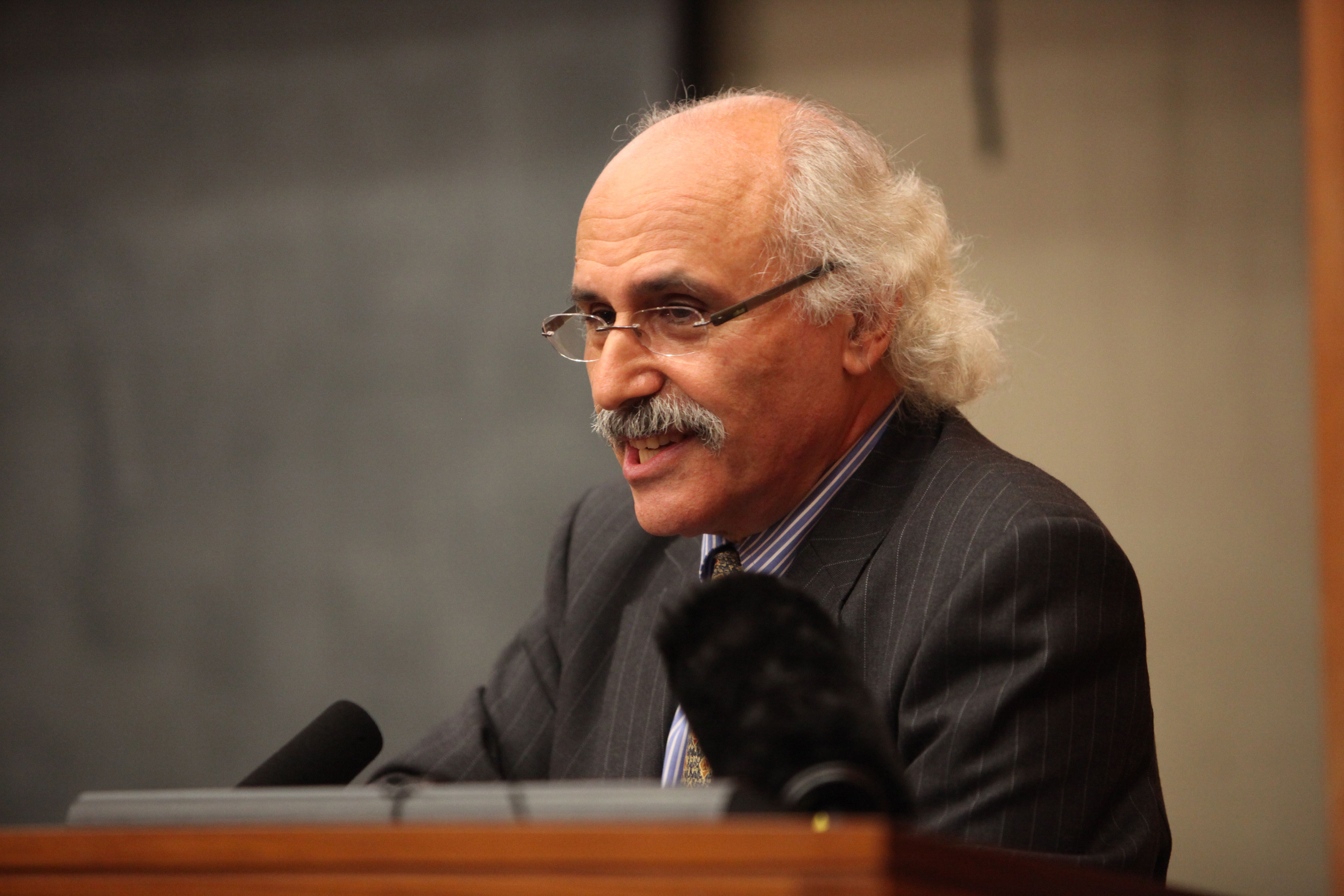
I am a psychiatrist, now retired from clinical practice as a Consultant at the Maudsley Hospital in London, who has had major interests in the past in eating disorders, carers of patients with a psychosis, and health services research. My research now concerns methods of reducing compulsion and ’coercion’ in psychiatric care, for example, through the use of ’advance statements’ or ‘joint crisis plans’. This is related to my interest is mental health law, which I argue discriminates against people with a mental illness. I propose generic legislation covering all persons, whether they have a ‘mental’ or ‘physical’ disorder who have a difficulty in making a treatment choice which has serious consequences. I am interested in the implications of recent human rights treaties, for example, the UN Convention on the Rights of Persons with Disabilities, for such law.
My past posts have included Dean of the Institute of Psychiatry (2001-2006), and Medical Director of the Bethlem and Maudsley NHS Trust (1997-1999) then joint Medical Director of the South London and Maudsley NHS Trust (1999-2001). I was a Visiting Professor in the Department of Sociology at the London School of Economics (2005-2014). Between 2007-2015 I was an Associate Director of the NIHR Mental Health Research Network, with lead responsibility for Patient and Public Involvement (PPI). A major aim was to increase the involvement in mental health research of service users and carers as partners in the conduct of research, as well as to engage the interest and support of the general public.
Prof. Szmukler is currently the chair of the Special Committee on Human Rights of the Royal College of Psychiatrists, UK.
Dr. Marija Veniute (LT) (no photo yet)
Dr. Marija Veniute is a public health expert and associated professor of public mental health at Vilnius University, Faculty of Medicine. Since 2001 Marija has been actively involved in the field of public mental health as a researcher, lecturer and expert. Herewith Marija participated in several research projects on evaluation of mental health policies and services in Lithuania, mental health promotion and mental disorders prevention, social integration of people with mental disabilities and mental health indicators. Marija has expertise in evaluating international mental health projects for The Consumers, Health and Food Executive Agency of the European Commission, also conducting international evaluations of empowerment and activation of people with mental disorders. She is a member of national informal NGO and expert coalition on Mental Health 2030.
Dr. Shehan Wlliams (LK)
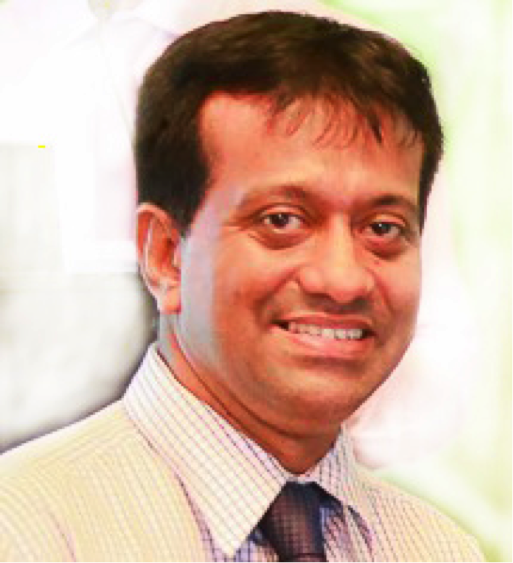
Shehan Williams is Professor in Psychiatry at the Faculty of Medicine, University of Kelaniya, in Ragama, Sri Lanka. He did his post-graduate training at the Post Graduate Institute of Medicine, University of Colombo, Sri Lanka, and was trained in Psychiatry in the Professorial Psychiatry Unit, Warneford Hospital, University of Oxford and the Oxford Deanery Rotation in the United Kingdom. He is currently President of the Sri Lanka College of Psychiatrists. He is also Consultant to the Office of National Unity and Reconciliation, Presidential Secretariat, Sri Lanka and Honorary Executive Director, Lanka Alzheimer’s Foundation.
Petr Winkler
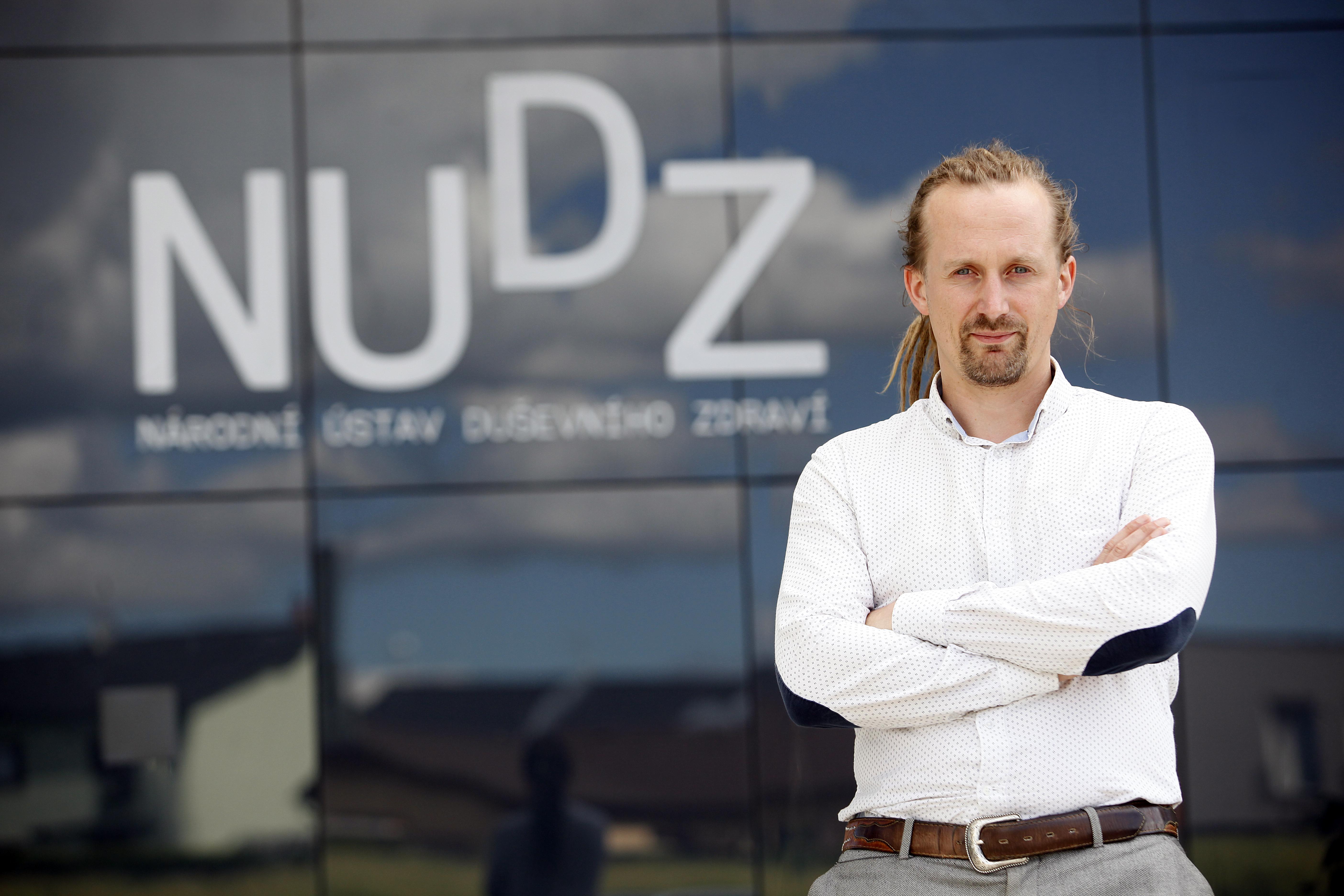
Dr. Petr Winkler did his Ph.D. in Health Service and Population Research at the Institute of Psychiatry, Psychology and Neuroscience, King’s College London. He established and has been leading the Department of Public Mental Health at the National Institute of Mental Health, Czech Republic (NIMH CZ), which, as of February 2021, has been designated as the WHO Collaborating Centre for Mental Health Service Research and Development. In June 2021, he was appointed as a director of NIMH CZ.
In the recent decade, he has been involved in the development and implementation of the Czech mental health care reform and has been leading its three nation-wide projects focused on stigma, early interventions in psychosis, and system for evidence based mental health care development.
Petr co-authored both, National Mental Health Action Plan 2030 and National Suicide Prevention Plan of the Czech Republic. His research and practice is very much focused on improving mental health care in the region of Central and Eastern Europe.






